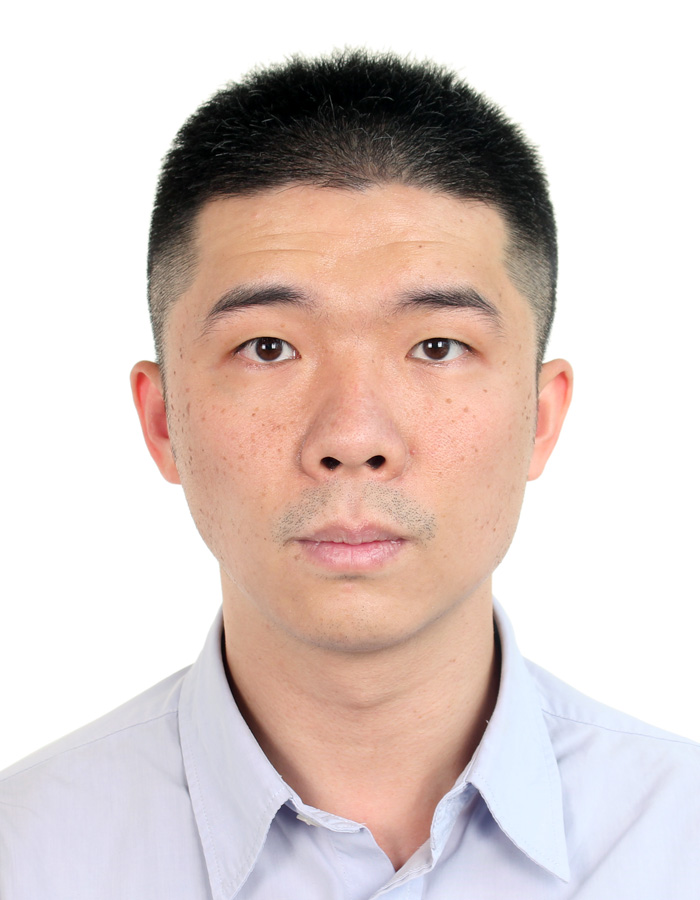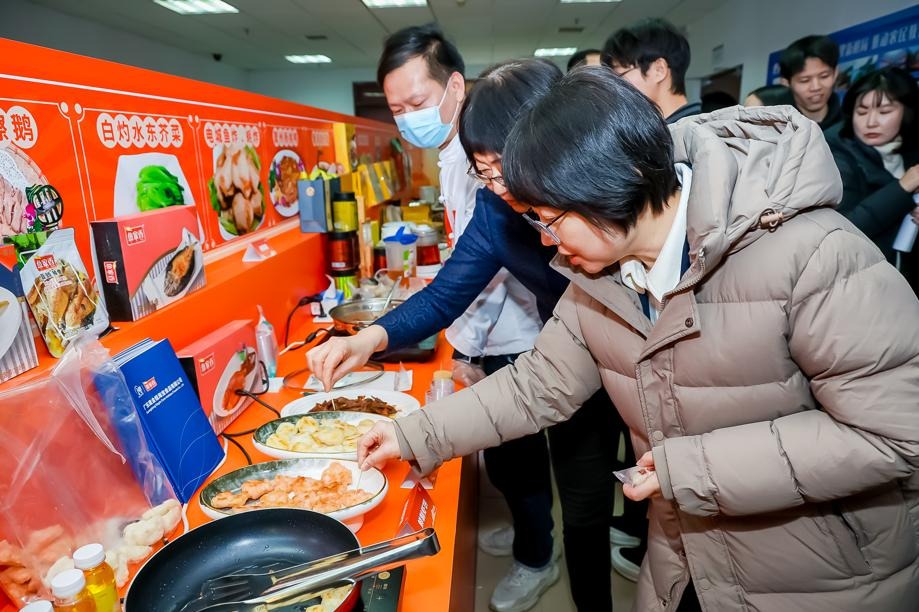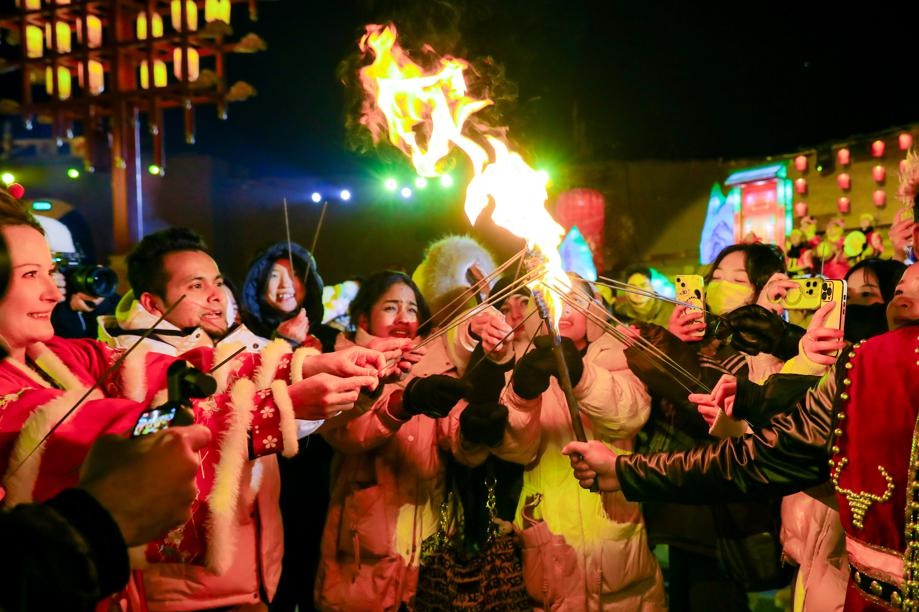Viewing domestic issues from a global perspective


First impressions usually matter the most.
When I started to cover the annual two sessions five years ago, topics discussed by national legislators and political advisers mostly focused on industrial upgrading, grain production, drug prices, jobs and environmental issues.
However, in the past few years, the term "internationalization" has been increasingly mentioned and has generated many discussions at the two sessions about the internationalization of the yuan, companies, the business environment, talent and manufacturing standards.
The world is experiencing profound shifts, and Chinese diplomacy, foreign trade and economic development have either reached a new starting point or have been adjusted. So, this year, issues regarding the draft foreign investment law, bilateral and multilateral free trade agreements, the mixed ownership reform of certain State-owned enterprises and China's diplomatic relations have become hot topics and hit the headlines several times.

Wilson Pang, a partner at auditing and consultancy firm KPMG, told me that with adequate reform measures, China's SOEs have both competitive and absolute advantages due to their unique shareholder background, access to resources and market credibility. It would be practical for them to conduct the "going global" strategy, as well as generate jobs and boost commercial activities in overseas markets.
"So, if the mixed ownership reform could leverage on those advantages with more focus and improvement on those growth levers, both the domestic and international competitiveness (of SOEs) will be boosted, and adaptability to the changing world will also be improved," Pang said.
In the meantime, some government departments seemingly related to internal or domestic affairs have begun to adopt international perspectives when thinking about issues and answering questions during the two sessions.
For instance, NPC deputies and CPPCC delegates from the government's education authorities and universities were asked what kind of relations should be built between Western values and Chinese teaching materials. Officials from the National Health Commission also answered a question about some Chinese mothers giving birth abroad, even after the government relaxed the family planning policy years ago.
As China is playing an increasingly important role in the world, many traditionally domestic issues are more closely intertwined with global ones.
As a result, the two sessions have received more overseas attention, which brings more opportunities for China to interact with the rest of the world.
We have also seen more foreign reporters speaking Mandarin at different occasions during the two sessions - an indication of more attention from overseas media.
More international perspectives have also been observed at many ministers' news conferences, and during the question and answer sessions at meetings of deputies and officials. Officials now have to think about what China's moves mean for the world, and offer answers to such questions.
That partly explains why so many reporters lined up two hours early at the two sessions media center for the news conferences held by the Ministry of Foreign Affairs, the Ministry of Commerce and the State-Owned Assets Supervision and Administration Commission in the past few days.
- Shanghai to enhance community healthcare centers
- Shanghai continues to enrich ecological environment
- Shanghai to enhance education reform aligned with social needs
- Shanghai adds 622,000 new urban jobs in 2024
- Shanghai ramps up elderly care amid aging population
- Shanghai ramps up urban renewal to boost living quality





































